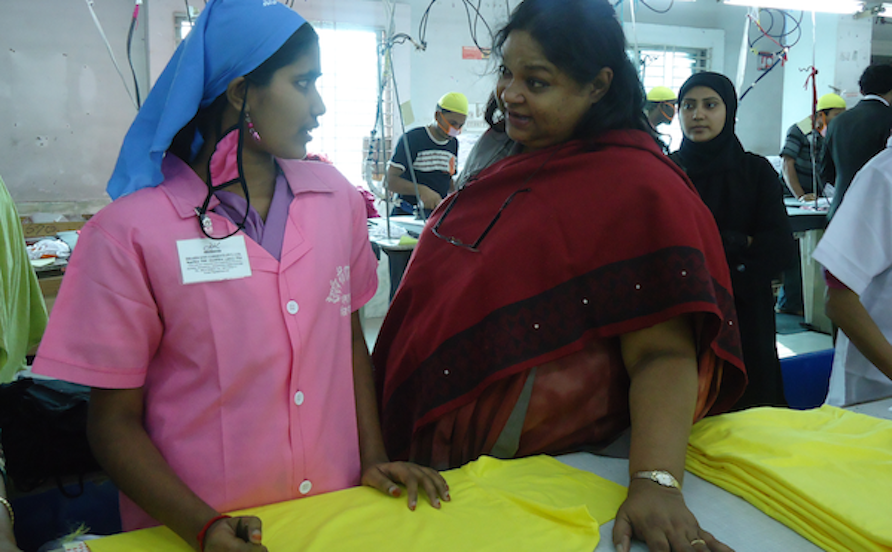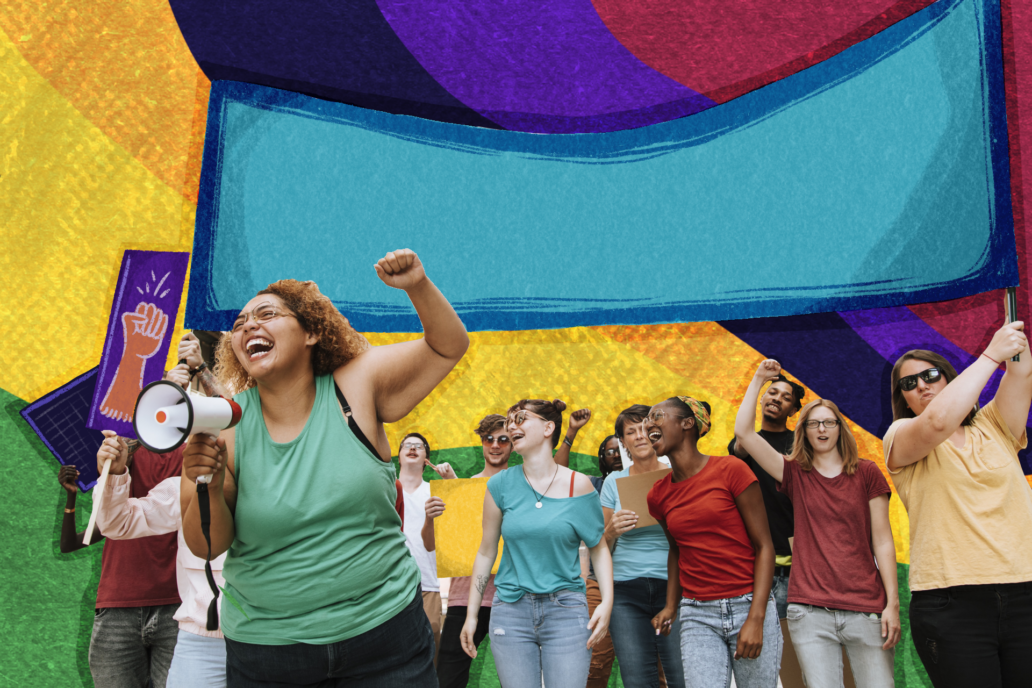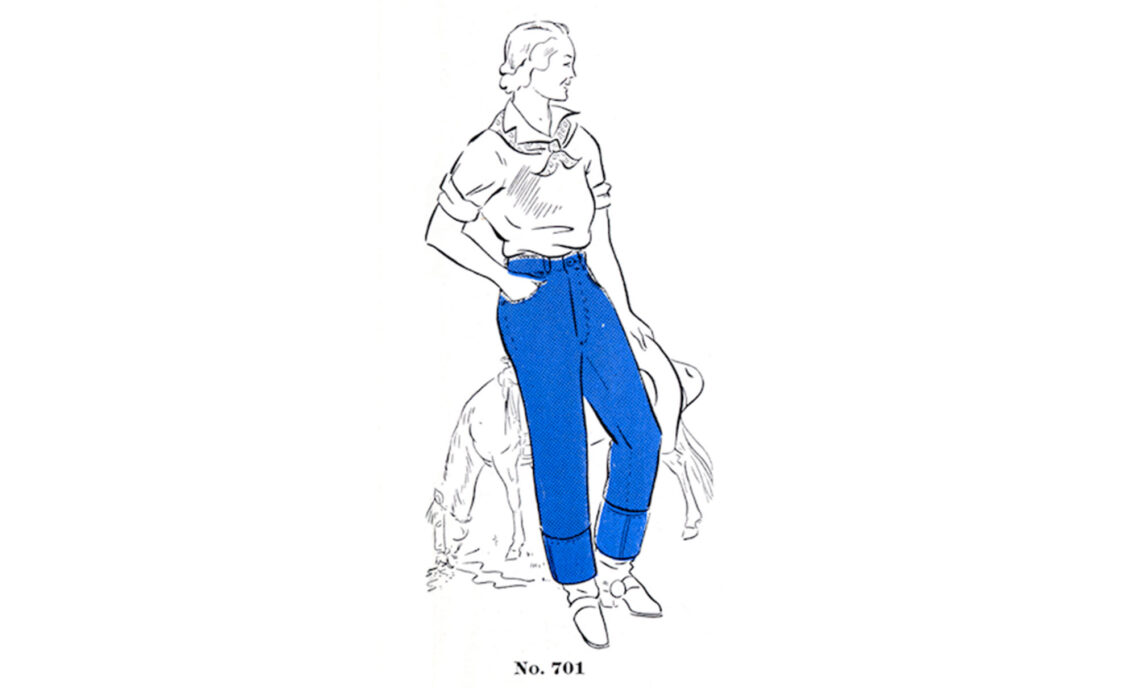I never thought I would dedicate my life to advance the needs of women factory workers. But looking back, I realize that it couldn’t have happened any other way.
I was born and raised in Bangladesh, a country where the garment industry employs about 2.5 million workers in thousands of factories. Despite the sector’s central role in our national economy, recent tragedies painfully remind us that garment workers often lack the safety, health and social conditions that would allow them to live with dignity.
With support from the Levi Strauss Foundation, BSR’s HERproject pioneers a powerful solution to improve the well-being of workers in global apparel supply chains: invest in women, and bring factory management on board through careful measurement of the business and social returns.
As the lead partner in Bangladesh, Change Associates—the organization I lead—helps implement HERproject locally.
We train female factory workers on health issues like reproductive health and nutrition. We not only seek improvements in their health but we also empower them to share this vital information with their peers in the factory, their family members and their community.
Our work does not stop there. Beyond educating workers, HERproject also connects them to health services in factory clinics and the local community.
So, why invest in women?
In Bangladesh’s garment industry, women make up more than 75 percent of all factory workers. They’re usually young, move from rural villages to urban cities, and have no prior experience in formal jobs.
This migration offers them great advantages, such as living independently and generating their own income. But this also means living far away from their families, and the resources and services that are familiar to them.
“I value knowing about my health, and I believe that it’s my duty to pass on the messages I am blessed with,” Samira El-Sayed said, after completing a HERproject training in a factory in Egypt. “I started talking to women about their hygiene and reproductive health on the bus, at the mosque, at the market—wherever I could reach them.”
Seeing people like Samira blossom into confident women is by far the most satisfying part of my job.
Levi Strauss & Co. implements HERproject in four countries, and over the years the Levi Strauss Foundation has been one of our strongest corporate partners.
In 2011, the Foundation supported HERproject’s first return-on-investment studies in Egypt and Pakistan. These showed that for every dollar invested in building the capacity of factory health clinics and providing health trainings to women, three dollars of return can be realized in the form of increased productivity and reduced absenteeism.
In 2012, I worked in the development of an open-source curriculum to aid apparel suppliers and local NGOs to create and sustain their own women’s health programs. And last year, HERproject became a partner of Levi Strauss & Co.’s Improving Workers’ Well-being, a new approach to improve the health and well-being of workers in factories.
To date, HERproject has been rolled out in more than 225 factories in 9 countries, reaching more than 250,000 women workers. Our successes show that investing in women’s health is not merely “the right thing to do”; it’s also good for business.
By making women matter—to their supervisors, to their peers, and to themselves—HERproject improves factory workplaces and women’s lives.








